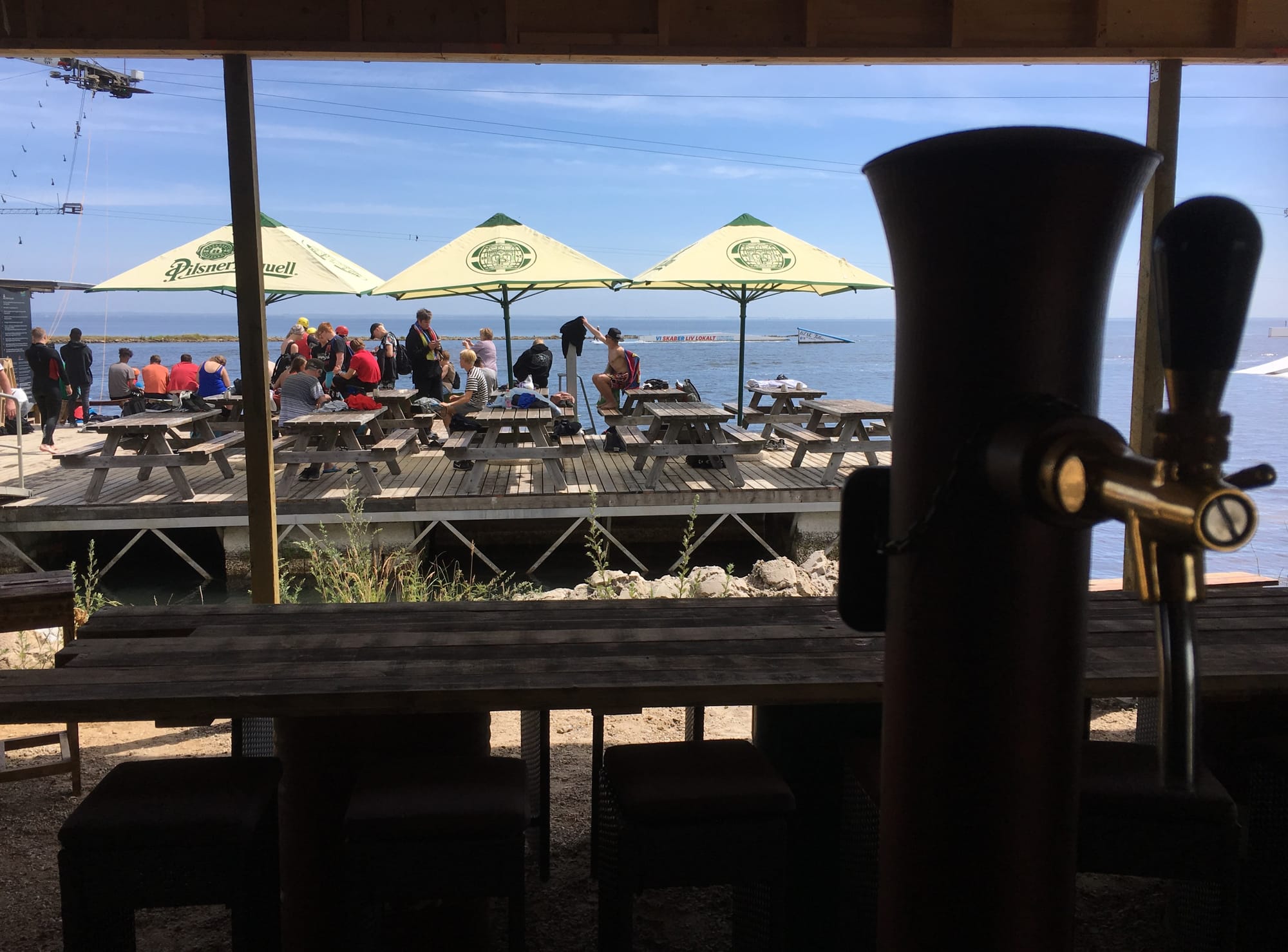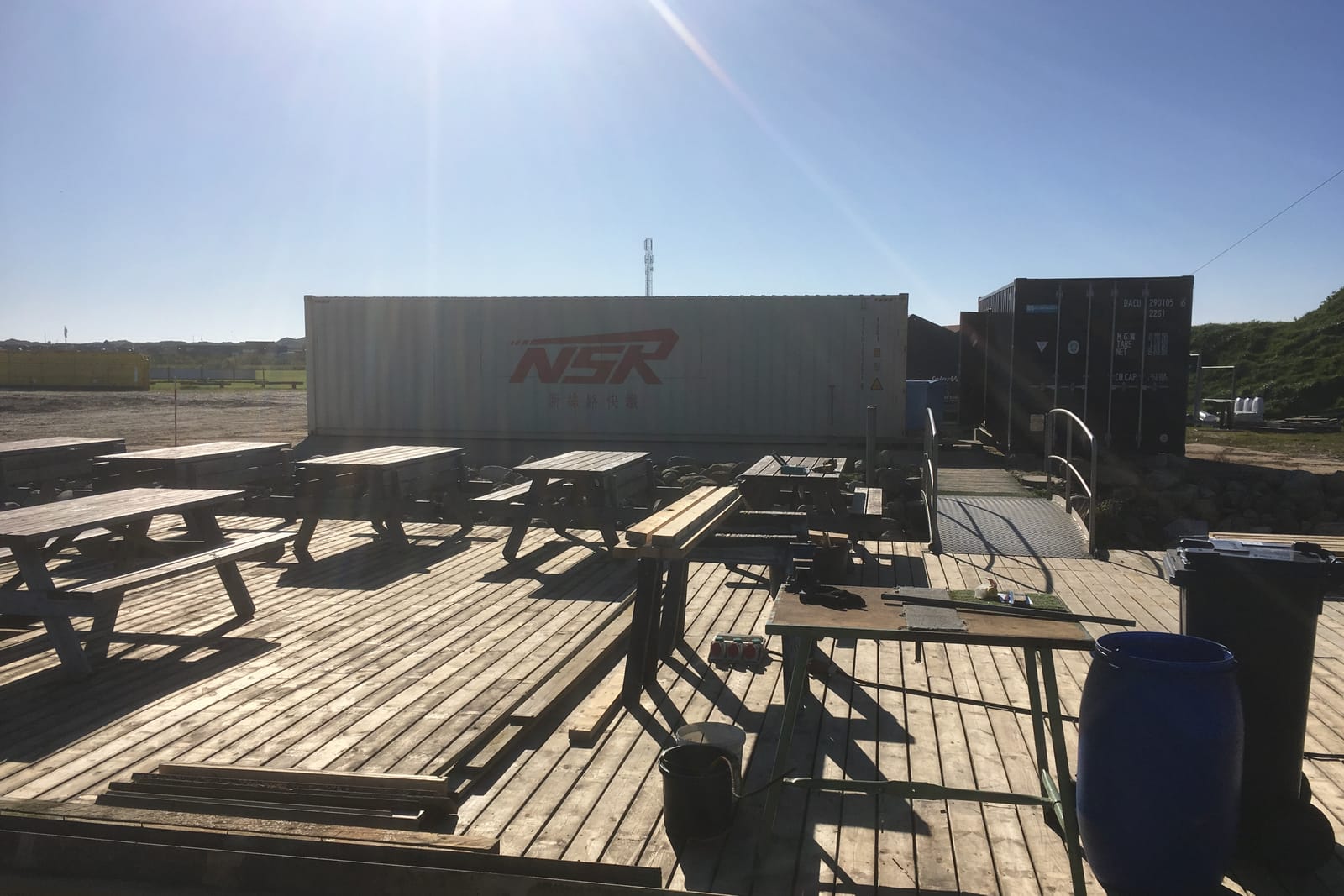Try mentioning to your bank advisor that for many years it has been your big dream to open your own small restaurant and then enjoy the tight, and very, very strained smile you get back.
Banks' main business is sending money into circulation. But obviously the banks do not want to open the credit when risks are disproportionately high. Not at all without additional security. Should you still manage to get the place financed, the real problems begin.
Maybe we should make it easier to finance start-up companies in the real economy? If necessary, force the banks to play along, with an interest rate that does not approach usury? Maybe we should just tax energy and capital gains and real estate heavily; not meaningful, productive work?
One thing is liquidity and inventory; something else the ongoing operation.
You will quickly learn that as a newly started, independent restaurateur you must settle the majority of the goods delivered in net cash. It draws large bills on the overdraft, where the interest rate matches the banks' general assessment of the industry's towering bankruptcy rate.
Leisure means something like the fact that you work when others enjoy time off.
There is nothing surprising in that and as long as you stand behind your own counter, it is also bearable to a certain extent. But if at some point you need a pair of extra hands, you will certainly be surprised at how difficult it is to get skilled people to work in the evenings and at weekends.
Add to that the fact that within leisure you have to complete a not inconsiderable part of your year's work in the summer—when the guests are there—when people with normal jobs fly off to the mediterranean, go to Legoland with the kids or head off to the beach.

You get the point, right?
It takes time to cook from scratch and since you only have your own time to spare—and you also need time for bookkeeping and sales and marketing, in addition to some much-needed quality time with the family—it is natural to resort to convenience.
My bet is that exactly these concept kitchens and franchises, where young unskilled people prepare industrial semi-finished products at a breakneck pace are the closest the restaurant industry comes to a sustainable business model.
(Unfortunately, what they serve in such places is so rarely worth eating, which finally brings me to my point).
When the majority of our skilled restaurateurs do not manage to make a reasonable business out of doing things properly, from scratch, but on the contrary work themselves half to death just to make things break even, we have to assume that the problem is not just the individual business case.
The industry's conditions are miserable as such.
Dietary advice and food pyramids and all sorts of other well-intentioned, political measures are okay—and hats off to the new Nordic cuisine and the enormous work behind it. But if we are to get to the point where small, independent niche players thrive and make good, sustainable, healthy food, we must create an economy that no longer favors large-scale operations and industry at all levels.
Maybe we should make it easier to finance start-up companies in the real economy? If necessary, force the banks to play along, separating industrial banks from financial banks? Maybe we should just tax energy and capital gains and real estate heavily; not meaningful, productive work?
As it stands today, your best option for making money on a kitchen is to develop a well-located restaurant property that you then rent out.
If you really want to make money, stick to marketing or reselling other people's products or services, while of course remembering to leave them with the risk themselves—preferably online, where the costs are comparatively smaller and you can quickly scale the whole thing. After a number of years, you sell to a capital fund and realize the gain and . . .








